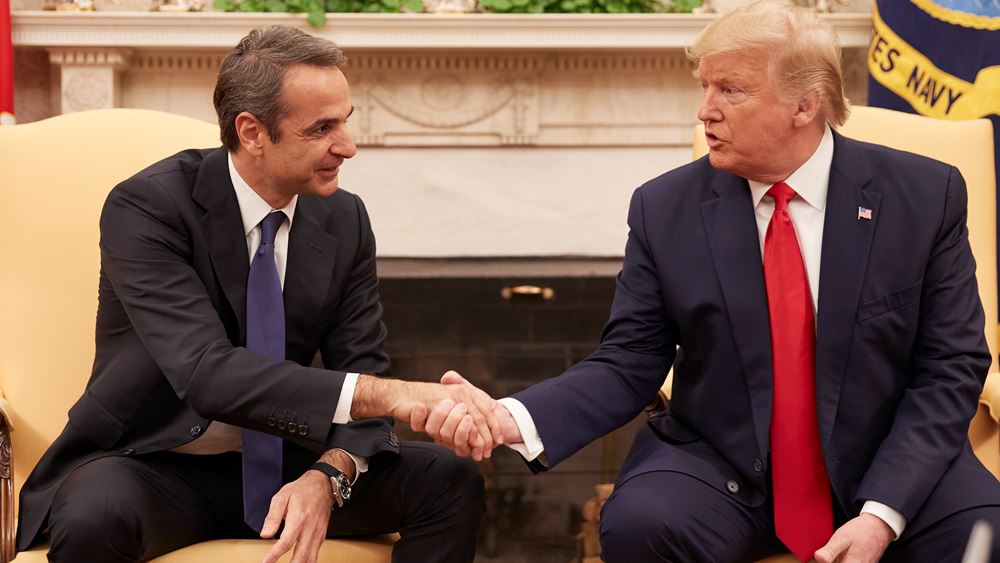Prior to the 1976 US presidential election excessive expectations were cultivated among Greeks regarding the expected election of Jimmy Carter.
The candidate was depicted as a philhellene and much was invested in his electoral victory.
Most people including those in Greece and Cyprus were convinced that Carter would stand up for Greece’s rights and exercise the greatest possible pressure to reverse the disastrous de facto situation that resulted from the Turkish invasion of Cyprus.
The paroxysm was such that cartoonists at the time depicted Carter with the traditional costume of the Greek presidential guard – the foustanela skirt and tsarouchi shoes.
Carter’s election triggered an emotional reaction in all Greeks.
In Cyprus then president and archbishop Makarios ordered that the church bells ring joyously throughout the island and many state services operated for only a half day right after the US election.
Not long afterwards, in 1978, President Carter prepared and imposed the lifting of the US arms embargo on Cyprus which was in place since the 1974 Turkish invasion.
There was great disappointment and since then UN initiatives to solve Greek national issues have been viewed with suspicion and expectations have been tempered.
In the current phase many hoped for an American intervention to subdue Turkish aggressiveness.
The left-wing SYRIZA government had laid the groundwork and almost completely identified with US policy, as with ex-PM Alexis Tsipras’ embrace with Donald Trump.
Yet events once again dashed Greek expectations.
There was an abundance of warm repartee during Kyriakos Mitsotakis’ recent visit to Washington.
President Trump praised Greece’s efforts to exit the crisis and the PM’s good work but when called upon to respond to the provocations of his “friend” Recep Tayyip Erdogan he acted as if he hadn’t heard or perhaps preferred to remain silent.
Then of course one has past broken promises of economic aid and investment from the other side of the Atlantic.
The truth be told the experiences over the past decades have not been the best for Greek interests.
Relations with the US are imbalanced and the American stance vacillates.
On the one side the US has Greece as the loyal ally that offers all sorts of facilities at crucial junctures and on the other side it pays attention to and offers cover for moves and actions of Turkey that are a far cry from Western democratic ideals and the declared principles of the American nation.
Everyone can understand the geopolitical significance of a larger country that borders on one of the planet’s hottest zones with constant wars, tumult, and threats for the erstwhile sole superpower in an unstable and uncertain multi-polar world.
Greece is disheartened by the loss of balance and the deficient evaluation of the long-term relationship.
The Greek side must evaluate the situation and stop behaving like a useful idiot. It must at long last demand what is due and place more emphasis on cultivating alliances that truly honour and offer something to the country and to the Greek people which has endured so much suffering.





